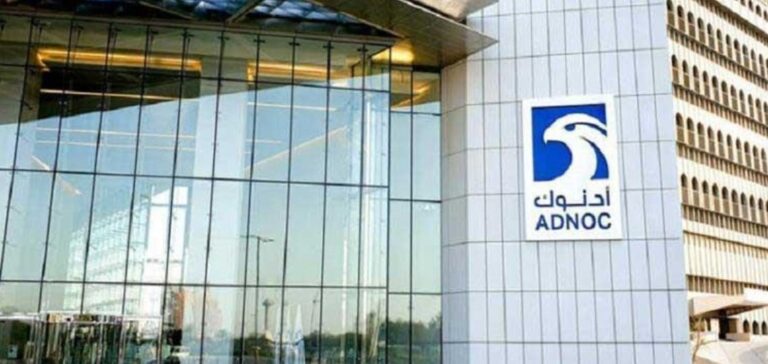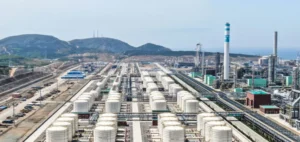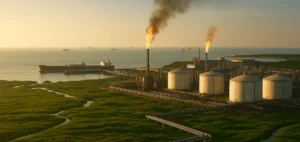Abu Dhabi National Oil Co (ADNOC), the UAE’s majority state-owned oil producer, recently updated its production capacity from 4.65 to 4.85 million barrels per day. This significant increase positions ADNOC closer to its ambitious target of 5 million barrels per day by 2027.
Upstream investment and a competitive market
ADNOC has stepped up upstream spending to increase its oil production capacity, seeking to maximize its hydrocarbon resources against a backdrop of increased market competition and pressure for energy transition. However, the capacity increase comes at a time when the United Arab Emirates is constrained by a production quota of 2.91 million barrels per day imposed by the OPEC+ agreement until the end of June.
Unused capacities and OPEC+ quotas
Despite the increases, the UAE pumped 2.95 million barrels per day in March, exceeding its quota of 40,000 barrels per day. With the new capacity announced, this means that the country maintains around 900,000 barrels per day, or 18.6% of its capacity, offline. Tensions have been palpable over OPEC+ quotas, especially with recent capacity expansions as several members, notably in Africa, struggle to meet their allocations due to under-investment.
Investment strategy and future markets
To reach its 2027 target, ADNOC plans to spend $150 billion between 2023 and 2027, an increase on the previous five-year spending plan of $127 billion. ADNOC’s main crude stream, Murban, a light, sour grade produced onshore, represents around half the company’s production capacity and is the basis of a futures contract traded on ICE Futures Abu Dhabi. ADNOC and IFAD are also planning to launch a forward contract for the company’s second largest stream, Upper Zakum, a medium acid grade produced offshore.
Emissions reduction initiatives
In addition to increasing its production capacity, ADNOC is committed to achieving net zero emissions for Scopes 1 and 2 by 2045, and plans to spend $15 billion on clean energy projects by 2027 to reduce its carbon footprint. The company also plans to reduce the carbon intensity of its upstream operations by 2030.
Increasing ADNOC’s production capacity is a key step towards achieving its long-term objectives, while navigating the challenges of OPEC+ quotas and environmental commitments. This strategy highlights the complexity of balancing production targets with environmental responsibilities in the global energy sector.





















